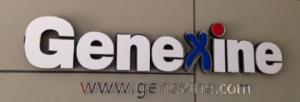
Their research areas include melanoma, Merkel cell carcinoma, and cutaneous squamous cell carcinoma.
Lee Han-soo
corea022@docdocdoc.co.kr

Their research areas include melanoma, Merkel cell carcinoma, and cutaneous squamous cell carcinoma.